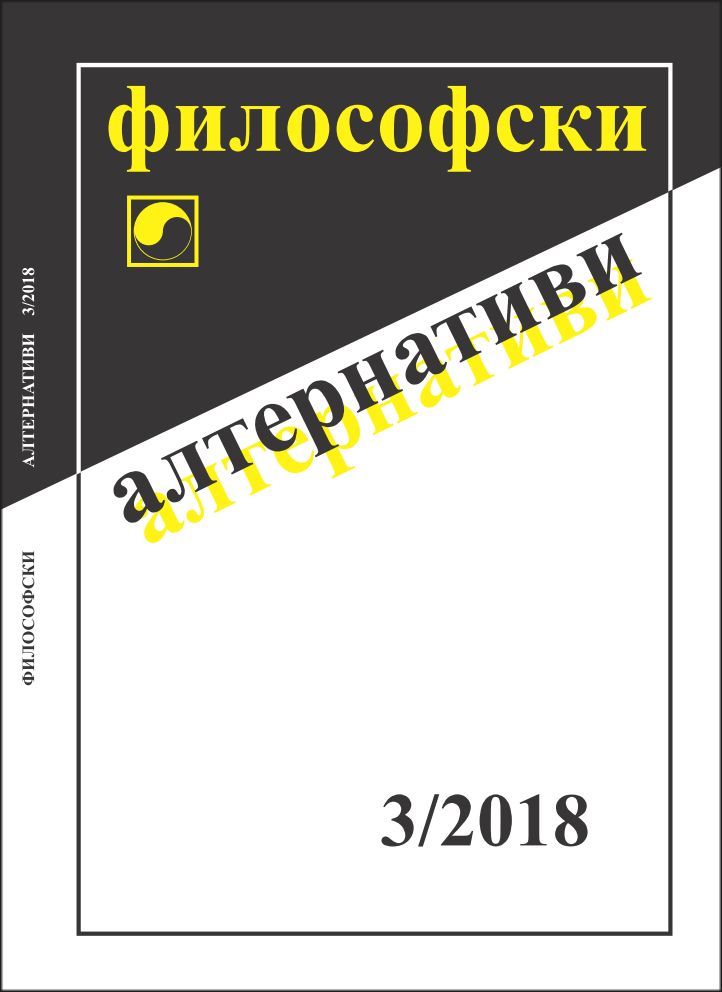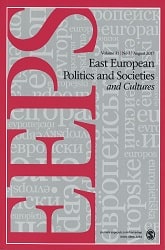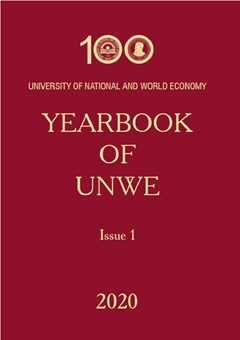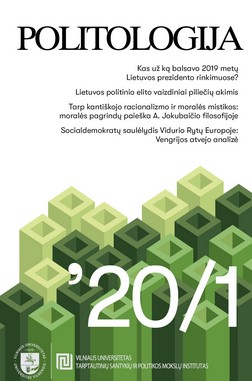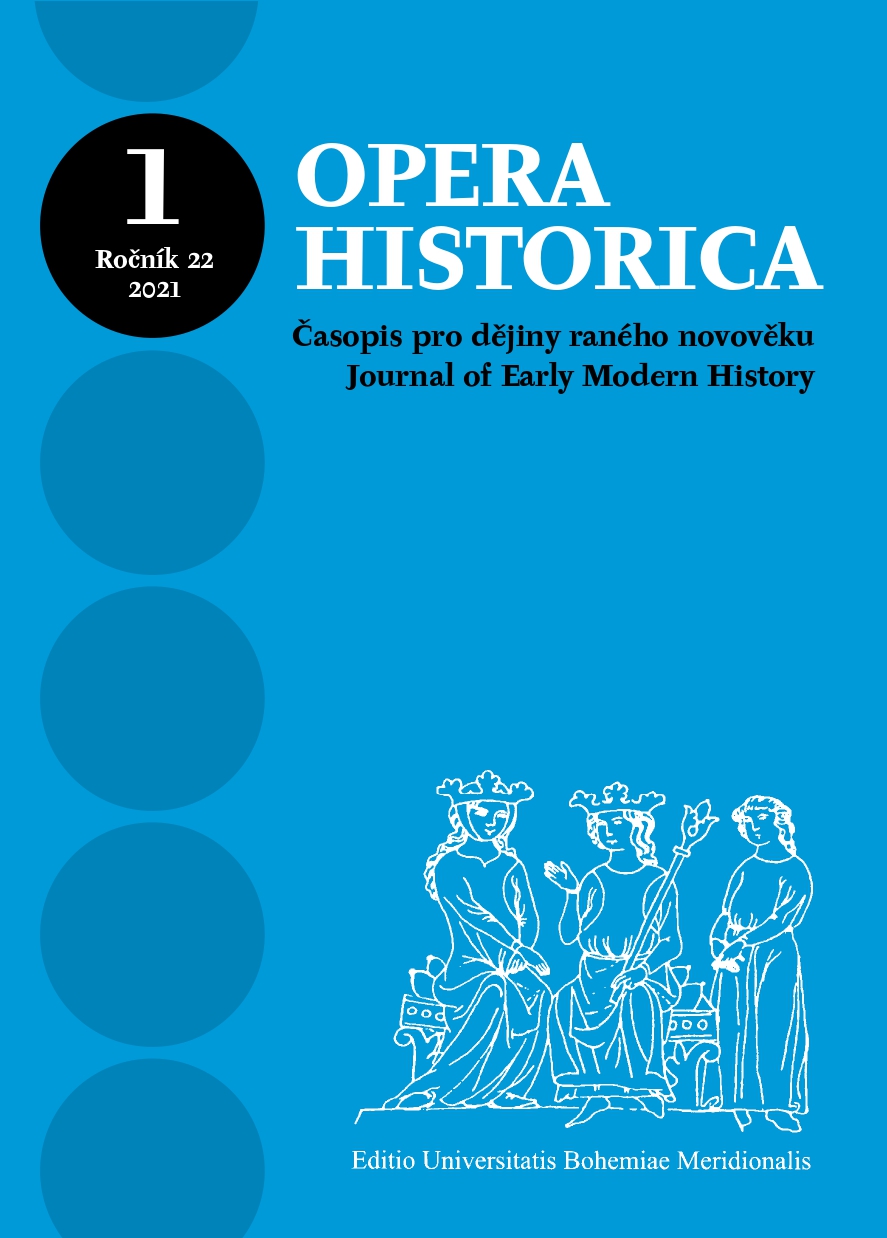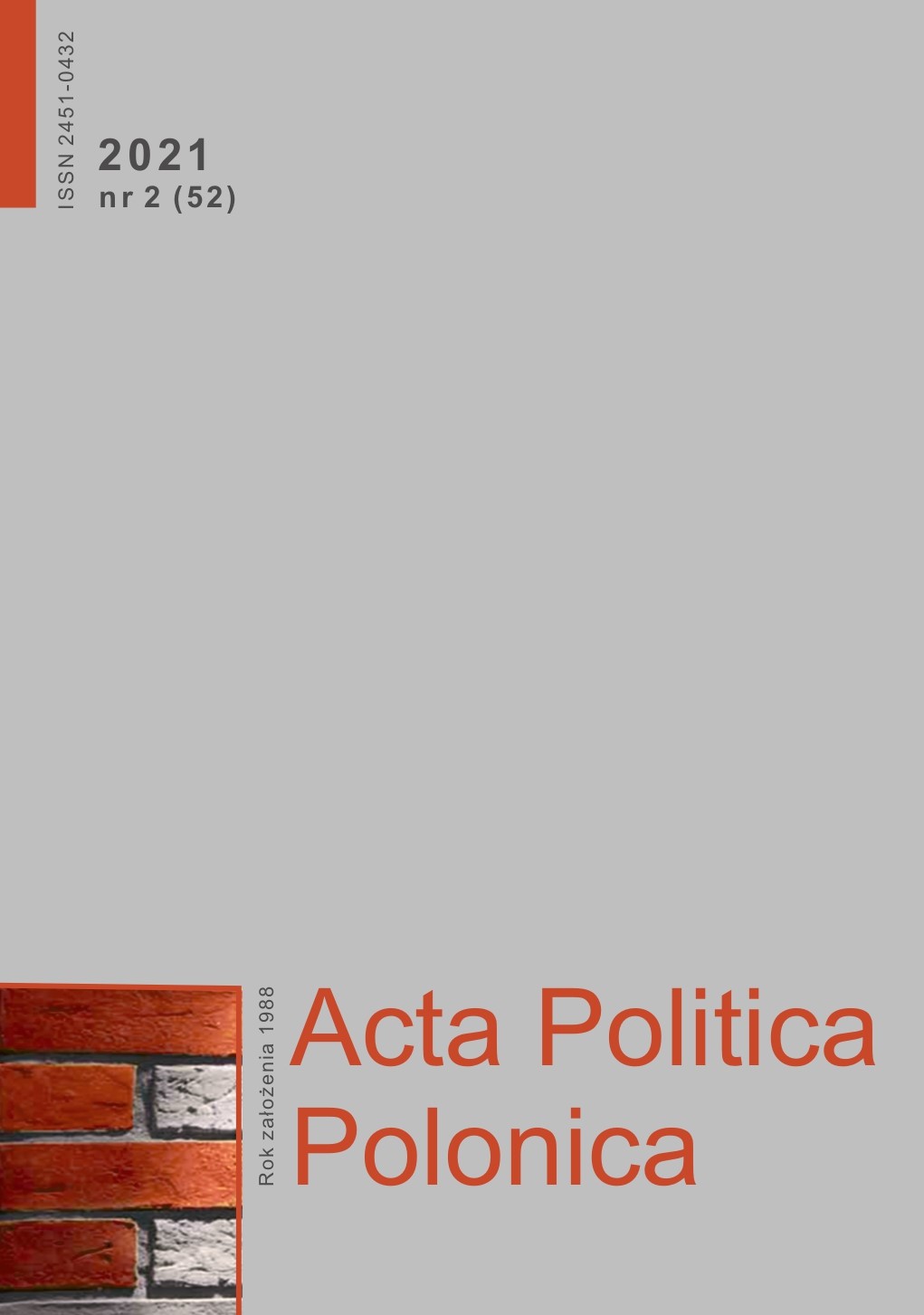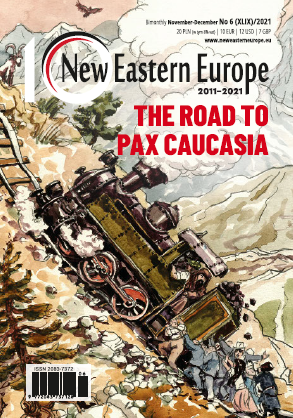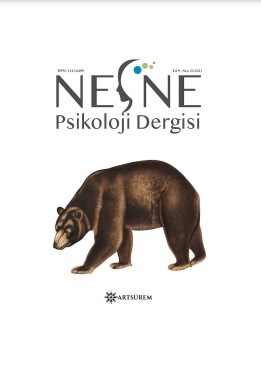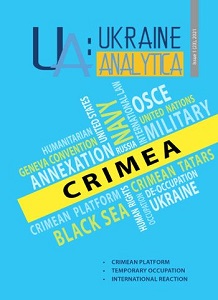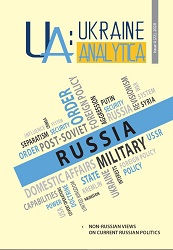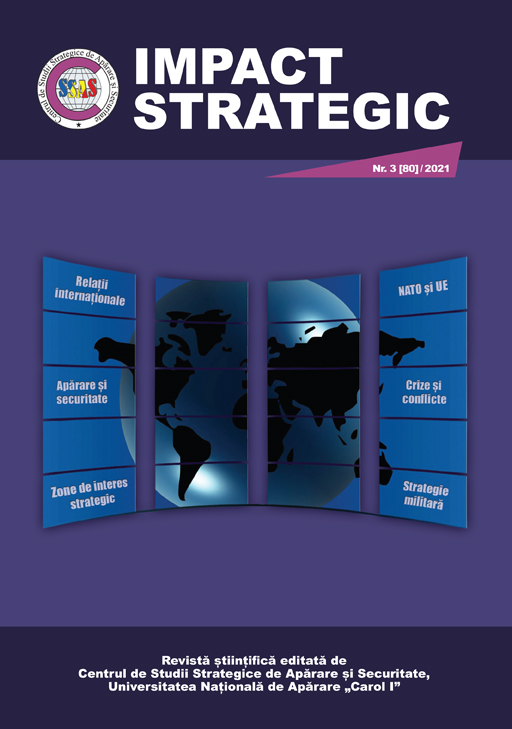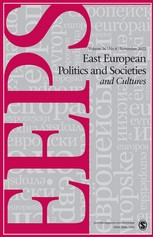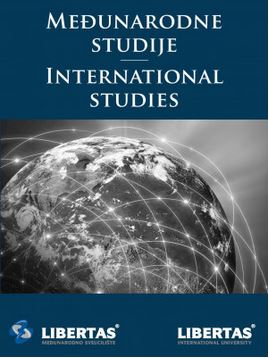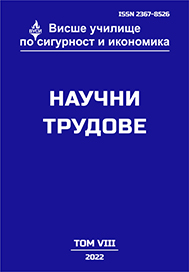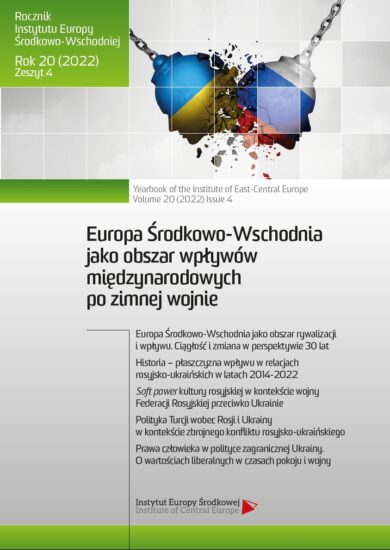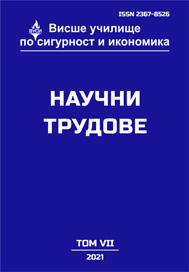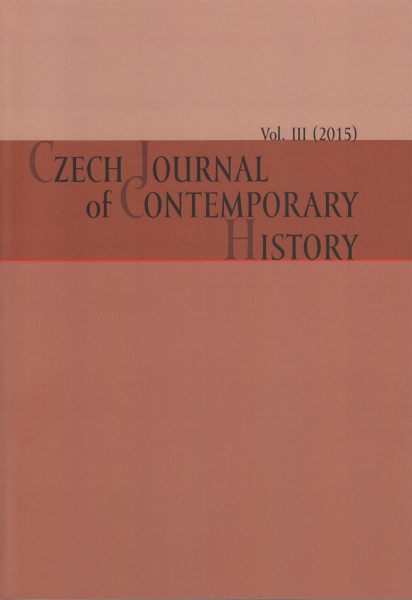
Renegades, Traitors, Murderers in White Coats (The Image of the “Jew” as the “Enemy” in the Propaganda of the Late Stalinist Period)
When Stalinism was at its peak, between 1948 and 1953, there was a marked escalation in anti-Jewish manifestations by the Soviet regime, which has often been called“state,” “official,” or “Stalinist” antisemitism. This article endeavors to provide an account of this by analyzing the image of the “Jew” in the propaganda of the time.The basis for the analysis is the concept of the “image of the enemy” as a basic figure of the totalitarian ideological canon. The article traces the way in which the image was filled with meanings linked with the term “Jew.” To this end, the author employs the so-called semiotic textual analysis, which enables her to gradually uncover the character of the signs in the propagandistic language. She focuses on two propaganda campaigns that dominated the Soviet public space in this period.One was against so-called “cosmopolitanism,” from January to March 1949; the other was the so-called “Doctor’s Plot” from January to March 1953. The method in concern enables her to provide evidence of the anti-Jewish orientation of the campaigns, which have so far been deduced chiefly from quantitative lists of acts of repression against specific individuals of Jewish descent. Analysis of the semantic field of the image of the “Jew” then reveals the mechanisms that, because of the many layers of the sign character of this image, were used to provide reasons for the home and foreign policies of the Soviet regime, as well as to justify its problems at home and abroad. The last part of the article consists of conclusions that the author finds applicable to the Czechoslovak case at that time.
More...
